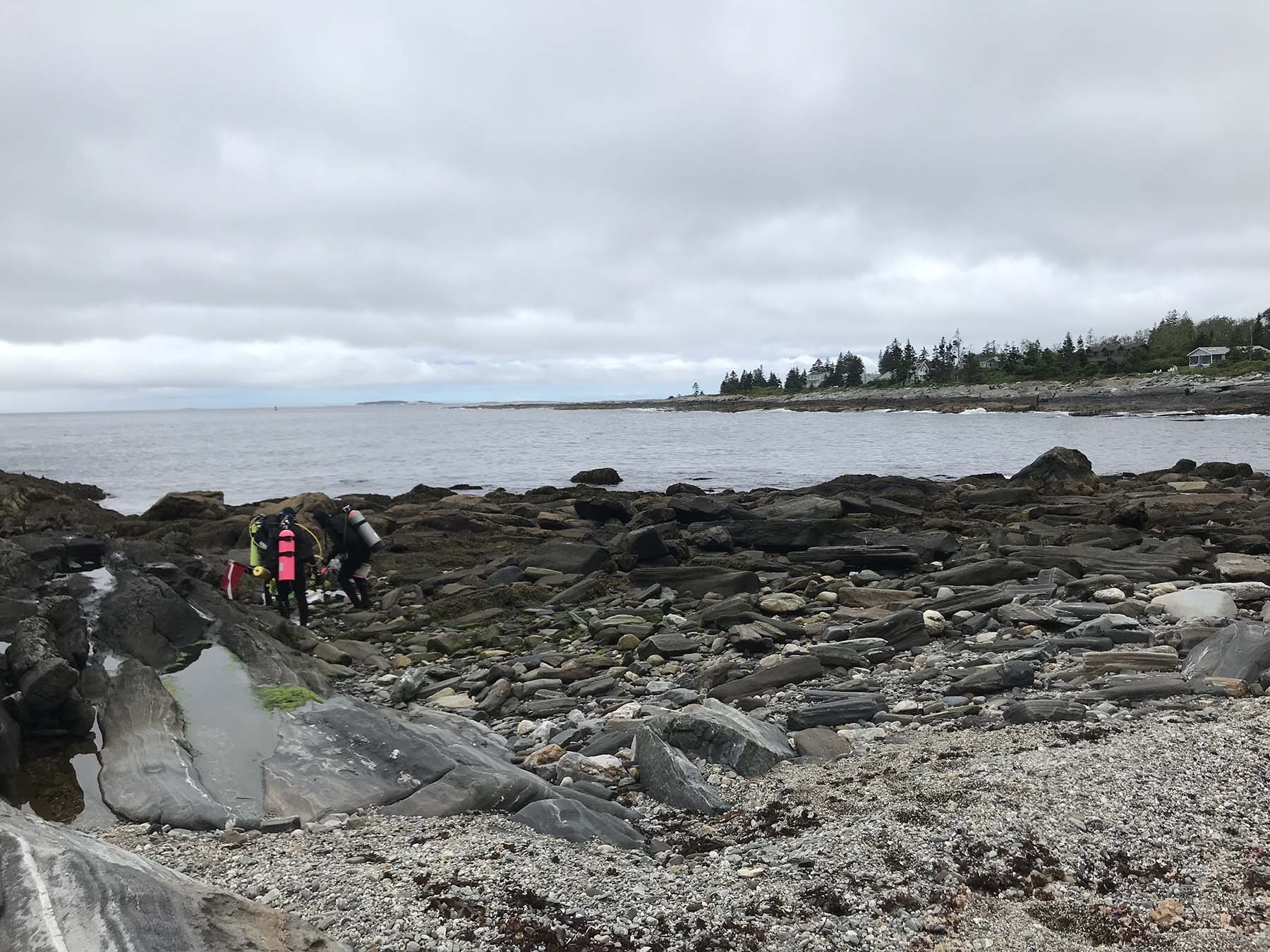Join The Small Sit, Manomet’s virtual science series, each month as we learn about the wonders of why birds migrate, the importance of river herring in coastal food webs, and so much more!
On January 17th, join Marissa McMahan, Senior Director of Fisheries and Jessie Batchelder, Fisheries Project Manager, as they present some pertinent pearls of wisdom – and data – about the oyster aquaculture in Maine, and their work, along with a number of partners, to create and establish the first oyster reef in Maine. This program is free, but registration is required.
Coastal climate change impacts include increased erosion from rising seas and storm surge, water quality issues from more intense and frequent rainfall events, and changes in marine biodiversity from warming waters and ocean acidification. Along much of the Atlantic and Gulf coasts, oyster reef restoration is carried out to provide a suite of ecosystem services including: mitigation of climate change impacts, supporting wild-harvest fisheries, removal of excess nitrogen, and habitat provision. Oyster reef restoration is common within the mid-Atlantic, yet has not historically been conducted as far north as Maine because cold water has inhibited wild reefs from occurring.
Immense warming in the Gulf of Maine in recent years has made the coast of Maine more suitable for oysters and reef building; however, there are many ecological and social factors to consider. Manomet and a diverse group of partners have been working to establish and monitor the first oyster reef in Maine, as well as facilitate community conversations about Maine’s growing oyster aquaculture industry and potential social and ecological benefits. Join us to learn more about the opportunities and challenges of this groundbreaking work.





 Back to all
Back to all